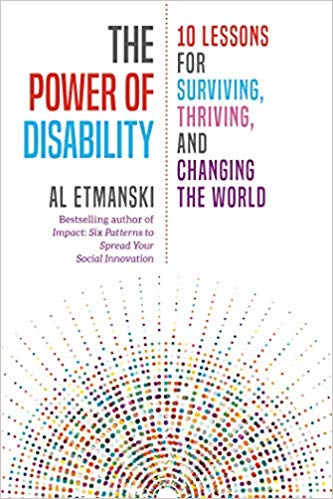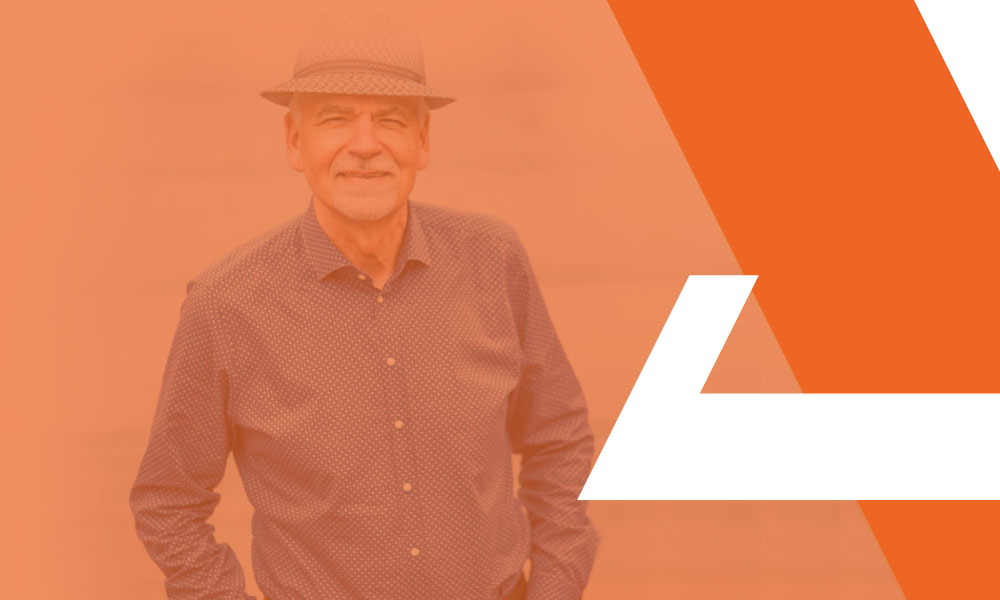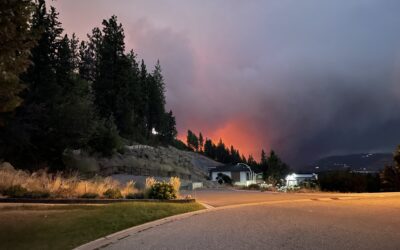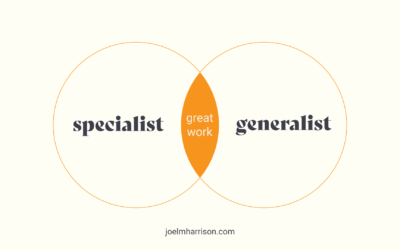Subscribe on: iTunes | Stitcher | Google Play | Spotify
I really didn’t understand how ignorant I was about the disability community until I read Al’s new book and had him on the podcast. Al Etmanski is a long-time social entrepreneur, four-time author, and father to a daughter with down syndrome, which was the catalyst to his work.
In this interview, we dive deep into Al’s new book, The Power of Disability and the stories and lessons that we can all learn as social entrepreneurs from people with a disability. We talk about language and labels, we talk about the way the landscape has changed over the years, we talk about why “the systems” are being created and modified by the wrong people.
It was an inspiring conversation, and I truly believe that there is something for everyone in this book.
You can go order your copy from Amazon here
OR: if you’re here in time, Subscribe to Social Impact Weekly to be entered to receive a copy of Al’s book or many other monthly giveaways we’re doing.
About Al Etmanski
Al is a community organizer, social entrepreneur, and author. He’s been a parent activist in the disability world since his daughter Liz was born. He led the closure of institutions and segregated schools in British Columbia and founded Canada’s first Family Support Institute. In 1989 he co-founded Planned Lifetime Advocacy Network (PLAN) with his wife Vickie Cammack. While at PLAN he lobbied into existence the world’s first Disability Savings Plan.
Al is a global Ashoka fellow and a member of John McKnight’s Asset-Based Community Development (ABCD) network. He has received many awards for his activism including the Order of Canada and the Big Picture award from his peers in the disability movement.
Find Al on His Website: https://aletmanski.com/
Find Al on LinkedIn
Find Al on Twitter: @aletmanski
About the Power of Disability: 10 Lessons for Surviving, Thriving, and Changing the World
This book reveals that people with disabilities are the invisible force that has shaped history. They have been instrumental in the growth of freedom and birth of democracy. They have produced heavenly music and exquisite works of art. They have unveiled the scientific secrets of the universe. They are among our most popular comedians, poets, and storytellers. And at 1.2 billion, they are also the largest minority group in the world.
Find Al’s Book on Amazon

Everything We Talked About in This Episode
[03:17] Al Etmanski’s introduction into his work in the disability community, his daughter Liz
[05:20] The turning point in Al’s mind where he stopped looking for cures and started looking for acceptance and empowerment
[07:11] Our society looks for perfection, which is why we’re constantly looking for cures for disabilities
[07:35] Quote: “I think we live in a culture or a society that pushes or markets perfection”
[10:48] How culture is so difficult to change that we often resort to looking for cures
[12:20] Quote: “I wrote a book to correct what history has overlooked, and that’s the irony is that people with disabilities have been making a contribution to society since the beginning of time”
[14:56] Is the system including people with disabilities in decision making?
[15:35] Quote: “For a lot of people with disabilities they don’t even know where the meetings are, they don’t get told”
[18:06] Was one of the main goals of the book to write about confidence and inspire people with disabilities to take on more of building the system?
[20:56] Why we’ll probably make less mistakes if we have people who use the system, designing the system
[21:22] Carla Qualtrough – Member of Parliament, Paralympic Medalist, with only 10% of her vision
[23:15] The role of language, labels, and how to keep up with changing language
[25:52] Mad Pride and #CripTheVote
[29:21] What were some examples of labels that were extremely damaging?
[31:47] Do you have any advice for talking to children about disabilities?
[34:48] How can companies include people with disabilities into the conversation of diversity?
[35:52] Caroline Casey – a reference to video on being “diverse-ish”
[37:50] The Presidents Group – Tamara Vrooman as Co-Chair
[39:04] What have you seen change in the last couple decades through disability communities and social enterprise?
[41:45] Reference to Brian Smith from Persphone on Episode 9 of the podcast
[44:02] The disability market is bigger than the teen market, and people are grasping at those dollars, so why not the other?
[45:40] Does the innovation we’re calling for need to come from within the disability community? Al says: get all the vectors in the same direction regardless of who’s doing it.
[48:07] Last advice, to never, ever give up on what makes you human




